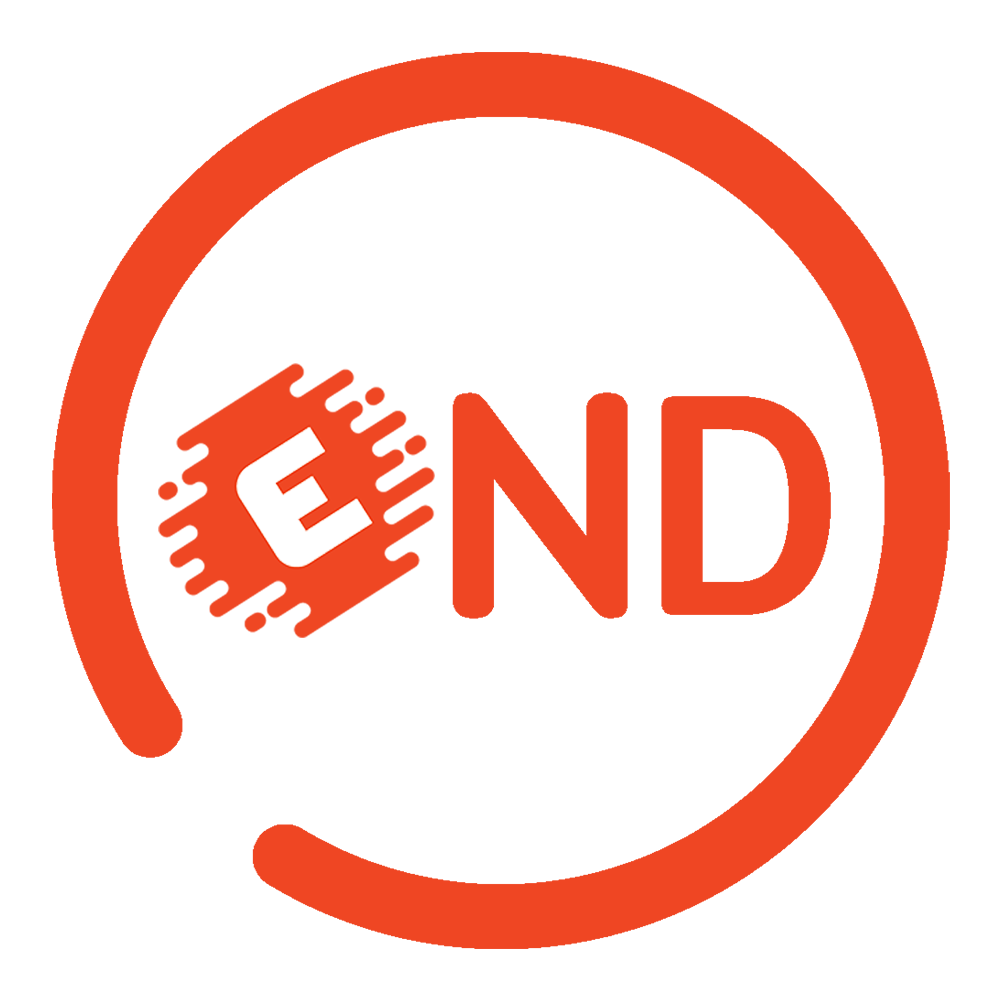Surviving the post-event blues between busy seasons.
Event professionals and planners alike all know that live event schedules are cyclical, and, while organizations can schedule their meetings for any time that works for them, most events and busy seasons fall on a predictable schedule.
More often than not, Sales Meetings (also known as SKOs) dominate the beginning of the year, while mid-year meetings and shareholder events tend to kick off in the early summer months. The reasons for this are quite obvious – first-quarter sales meetings allow organizations to celebrate the successes of the previous year while taking time to set expectations and roll out new procedures, processes, or products for the upcoming year.
Mid-year meetings are a great opportunity to check in and regroup with employees, and shareholder meetings often take place once tax season is complete and all numbers are totally finalized.
Still, despite the reasoning behind it, event professionals producing and the organizations hosting events often find that the temporary “lull” between events can turn into a serious case of the post-event blues!
Luckily, we’ve got some great ideas about how you can use this event “downtime” to get ready for the next busy event season, and beyond!
For Organizations Hosting Events
In the weeks, and especially days, that immediately precede an event, internal event planners often find themselves ready for the event to be over! From presenters still finalizing PowerPoints that were already due to the event team, content that still needs to be reviewed, or both internal and external demands leading to changes at the last minute, the final stretch before an event can be a stressful time!
And yet, when the event has successfully come to an end, many find that they miss it! So, what can you do when the post-event blues strike?
In the first few weeks … or even months … following the event, take time to reflect on the past few events. While you may have some initial reactions immediately after the event has concluded (and you should definitely jot those down!), as time goes on, you may have more time to reflect on the entire process in greater detail.
Consider what went well, what could have gone better (internally and externally!), what your goals are moving forward, and any ideas you have for the next event.
By taking this time to reflect and organize your thoughts, you’ll be more prepared for the next event, hopefully relieving some of the pressure before it even begins!
For Event Agencies and Freelancers
At the end of a busy Q1, the first thing you may want to do is take a deep breath, sleep for a few days, and avoid seeing the inside of an airplane or hotel room at all costs!
But, once the dust has settled, you’ll find that the event lulls are the perfect opportunity to invest in your own career.
Take this time to learn something new. Whether it’s becoming more familiar with new and popular equipment, taking on more specialized knowledge, honing your skills, or taking time to develop new processes that will help you onsite, your clients and fellow crew members will appreciate your dedication to being a Lifetime Learner
Event technology, standards, and trends are constantly changing, and during the busiest times of the year, it’s most likely impossible to work on broadening your education – but these lulls are the perfect opportunity to do just that.
The new skills you’ll cultivate in this time away from the event ballrooms will allow you to be more efficient on-site, develop skills that move you into a leadership role, and even bring you new or more specialized opportunities.
For Everyone
While it may be tempting to put your next event on the back burner, now is the perfect time to start thinking about … or even planning … your next event.
Yes, it is probably too soon to start putting presentations together, finalizing attendee numbers, or even coming up with a concrete list of speakers, but there are some things you can do. Start considering who the speakers will be and begin researching keynote speakers that could be the right fit. Odds are, the venue and ballroom are already selected – so start working on the stage design, thinking about content, and building pre-production schedules.
Most importantly, take some time to RELAX! Go on vacation, or have a staycation, try to work more reasonable hours, and prioritize your mental health. Event burnout is a very real thing, so make sure you take some time to relax and recharge.
At Encompass, we have unique backgrounds that situate us perfectly to produce high-end and complex offerings. We’ve worked in broadcast television, touring entertainment, live sporting events, and countless convention facilities across the country.
We have technical design experience and a disciplined process in place that allows us to easily scale events and shift from in-person to virtual without angst. There isn’t much beyond our scope and we love the intensity of putting on events!
If you’re a planner working to create an event, seeking help with virtual event technology, or simply want to learn more … we can help! Sign up below to receive our updates (we promise to keep your contact information secure and won’t “overshare”).

